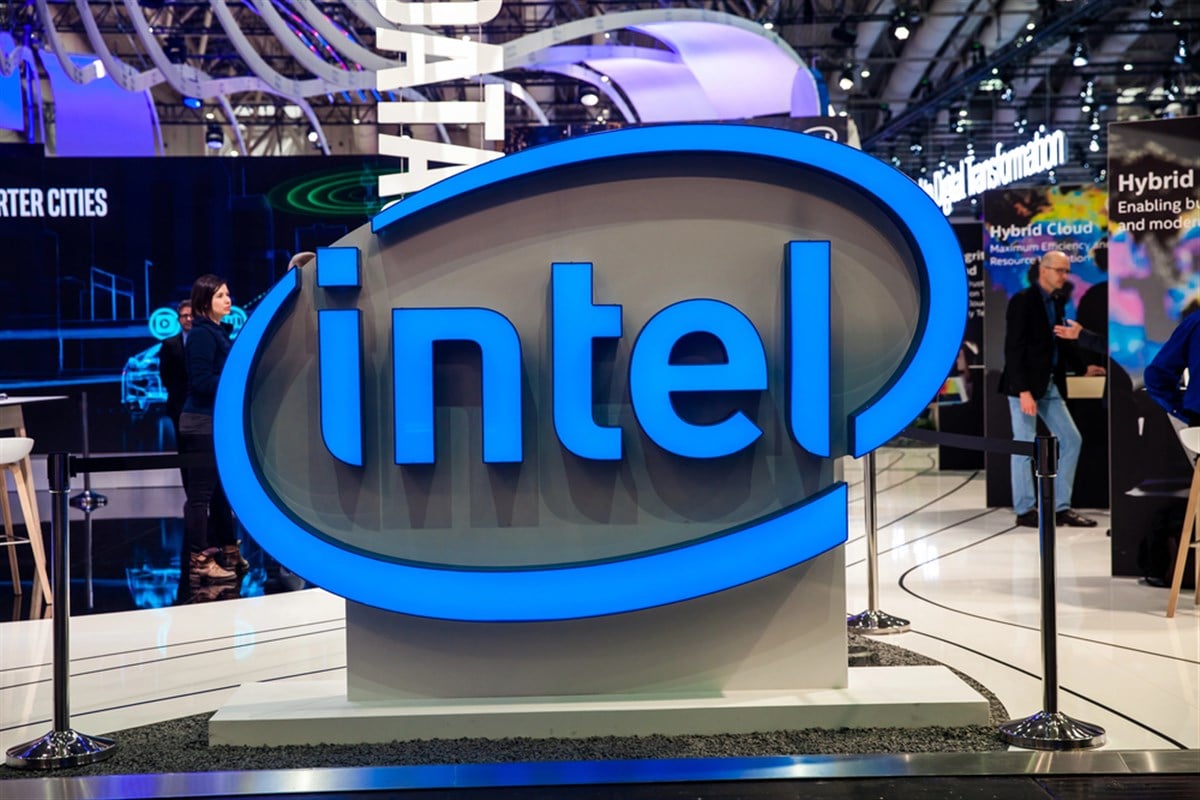
After experiencing a declining trend since its highs in 2021, Intel Co. (NASDAQ: ITNC) stock is now trading at a mere 43% of its 52-week high today. While this price action could have caused most to avoid such underperformance, there are others who can spot and appreciate the deep value aspect of this steep discount, one that can be taken advantage of today.
For reasons that investors will clear up in a bit, Intel and not peers like Micron Technology Inc. (NASDAQ: MU) got the benefit of the doubt from the United States government in a recent grant to further build out the semiconductor supply chain domestically. The technology sector has seen major swings since COVID-19, though these two chip makers fell behind by a significant rate.
This could change for Intel stock soon; however, last week alone, it rallied by nearly 10% to end the period on a new announcement. But, before investors know which event drove the stock higher to the end of the week, they should know that the semiconductor industry could be about to shift into its sales cycle as supply tightens and margins improve for Intel.
Qualcomm’s $100 Billion Starting Takeover Bid for Intel: How High Could It Go?
Considering that Intel rose to a near $100 billion market capitalization, investors could safely assume that Qualcomm Inc. (NASDAQ: QCOM) has to make the starting takeover bid at this price. The fact is, however, that Intel shareholders will likely command a premium price on their holdings, especially after recent events.
So, how high can the bid go? Investors can look to Wall Street analysts for some guidance, particularly their earnings per share (EPS) growth forecasts. At $0.02 a share, analysts expect Intel to earn up to $0.23 EPS in the next 12 months.
Now that Wall Street expects Intel to see a tenfold increase in profits, analysts at Northland Securities decided to keep their "Outperform" rating on Intel stock and boosted their valuations to $42 a share. To prove these valuations right, Intel stock would need to rally by as much as 92.6% from where it trades today.
Despite the stock's underperformance over the past three years, Intel has managed to accumulate enough bullish trends to shake off a few bears. In the past month, Intel stock's short interest declined by 9.6%, showing signs of bearish capitulation, leaving room for bulls to take their place instead.
Some of the bulls that came in to lead the way include Legal & General Group, which boosted their holdings in Intel sock by 1.3% as of August 2024. This may seem like little on a percentage basis. Still, the addition netted the Group's investment in Intel stock at a $1.2 billion level today.
However, this is only a small percentage of the $13.6 billion in institutional capital that entered the company over the past 12 months, one factor that investors should watch out for in the coming months as these takeover talks take place.
Intel Stock Gains Another Major Backer as Markets Spot a Massive Discount
Recently, the government announced another round of grants for the semiconductor industry, and this time, Intel stock earned its place in the funding list with $3.5 billion in grants. It is important for investors to keep this in mind for the following reasons.
It wasn’t NVIDIA Co. (NASDAQ: NVDA) that received these grants, and it wasn’t Micron Technology that received a takeover bid from Qualcomm despite having a similar market capitalization ($100.8 billion) to Intel. This confidence from investors and the government directly adds value to the company’s brand.
This news also created interest in the sock, another important gauge for investors to consider when evaluating this potential value play. Intel stock has an average volume of 57.6 million, and recently, the volume spiked to 260.4 million shares.
The combination of good news and Intel’s discount caused this much volume to come into the company, showing interest from new buyers. Here’s how steep of a discount Intel offers investors today, the same discount that Qualcomm probably considered when reviewing its takeover bid.
Comparing price-to-book (P/B) ratios between Intel and the computer sector would show this divergence. Intel stock now trades at a low of 0.8x P/E, a discount not only to its own book value but also to the industry’s average valuation of 7.0x P/B.














